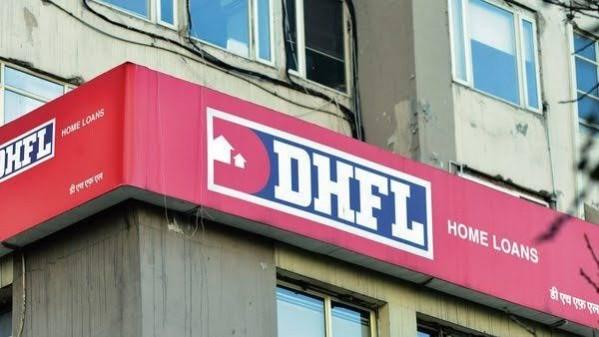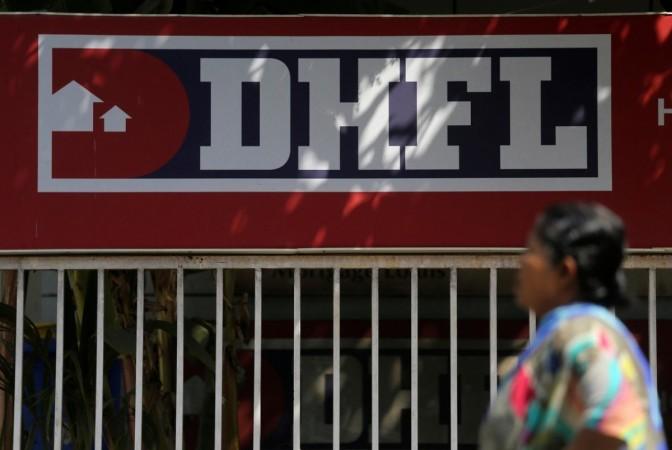
Earlier this week, the Reserve Bank of India (RBI) superseded the board of directors of Dewan Housing Finance Corporation (DHFL). The central bank took the decision due to "governance concerns and defaults by DHFL in meeting various payment obligations."
After months of drama over the resolution process of DHFL, the central government paved the way for the process by introducing a special window Section 227 of IBC which empowered the regulators to refer such cases to the NCTL.
What did RBI say?
RBI appointed R Subramaniakumar, former managing director and chief executive of Indian Overseas Bank, as the administrator for DHFL. The financial regulator further said that it looks forward to starting the resolution process as per the Insolvency and Bankruptcy Code (IBC). Further, the decision would also apply to the National Company Law Tribunal (NCLT) for appointing the Administrator as the Insolvency Resolution Professional.

What did SEBI say?
The Securities and Exchange Board of India (SEBI) Chairman Ajay Tyagi said that the mutual funds will also join the resolution process under the insolvency law framework. Notably, mutual fund houses which have been the major investors in debt ridden DHFL have not participated in the earlier resolution process.
The RBI finally took the decision after multiple attempts by the lenders to explore NCLT route for the recovery of their dues from the housing finance company (HFC). Adversely affected by country's non-banking financial corporation (NBFC) crisis, the DHFL's debt has significantly ballooned to Rs 88,000 crore.
What lies ahead for DHFL?
As per the announcement made in this year's budget, RBI could appoint an advisory committee of three or more experts to assist the Administrator. Moving forward, the committee of creditors would finalize a resolution plan with the administrator seeking 'no objection' from the regulator on who takes over the management of DHFL.
RBI would issue 'no objection' basis proper criteria. Importantly, during the process, the DHFL's license and registration will not be suspended that would mean it could continue collecting money from borrowers.
One of the highly debated proposals was to divide the company's debt into sustainable (retail loans) and unsustainable debt (builder loans). The step would pave the way for the conversion of debt into equity and attracting new investors. The RBI's entry into the picture also brings hope to DHFL's retail customers as they will be paid upon the maturity of their deposits.

















